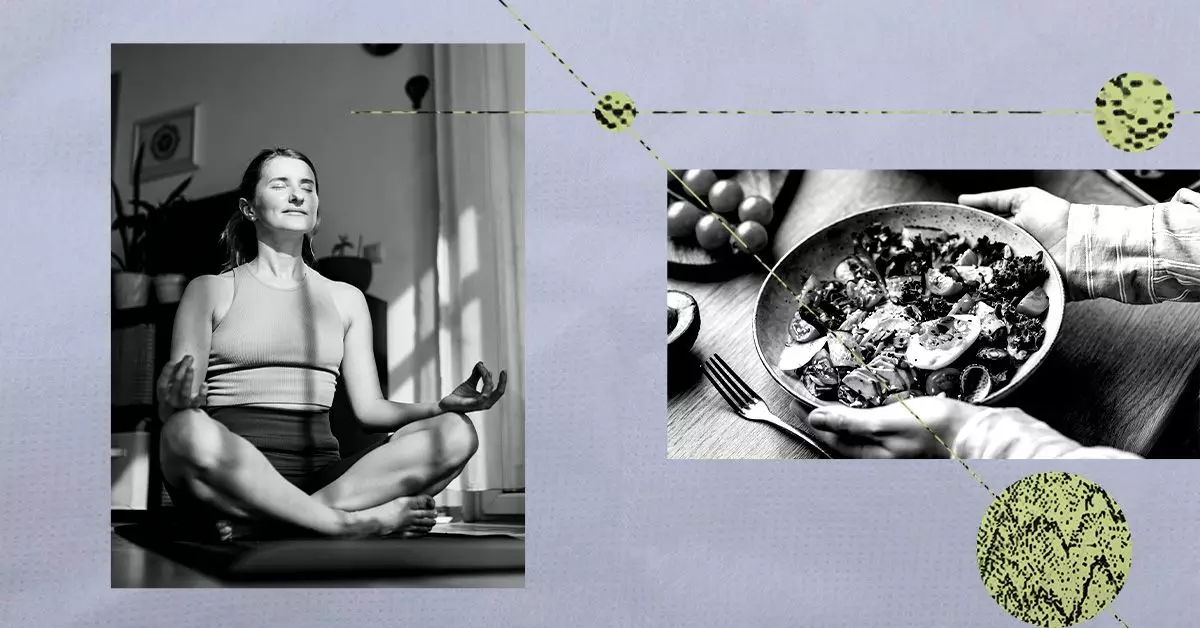Chronic Lymphocytic Leukemia (CLL) profoundly affects the well-being and energy levels of those diagnosed. One of the most debilitating consequences of CLL is fatigue, which manifests differently compared to ordinary tiredness. Recognizing the nature, causes, and management strategies for fatigue in CLL patients is crucial for improving their quality of life.
Fatigue associated with CLL is not merely the result of inadequate rest. Individuals may find themselves utterly drained even after a full night’s sleep. Unlike regular tiredness, which can often be alleviated through rest or a short break, cancer-related fatigue persists, making daily activities feel daunting. Patients often describe this fatigue using terms like “exhausted,” “worn-out,” or “heavy,” emphasizing its overwhelming nature. This misstrengthening can lead to misconceptions about the condition, where others might not fully grasp the real struggle faced by those dealing with CLL-related fatigue.
Several physiological factors contribute to the fatigue experienced by CLL patients. One major cause is the decline in red blood cell counts, leading to insufficient oxygen transport in the body. This deficiency can create feelings of weakness and breathlessness, further exacerbating fatigue. Additionally, systemic inflammation often accompanies CLL, generating a heightened sensation of tiredness. Reduced white blood cell counts also demand more energy from the body, as the immune system constantly works to combat infections. Moreover, the production of cytokines—proteins facilitating immune and blood cell functioning—plays a crucial role in this fatigue. The role of cytokines in signaling the brain can make the sensation of tiredness worse, creating a paradox where patients feel increasingly drained without additional exertion.
Patients undergoing treatments, especially chemotherapy, often experience debilitating fatigue as a side effect. Along with the biological underpinnings of CLL, the medications used can magnify feelings of exhaustion. As a result, maintaining activities of daily living becomes increasingly difficult. Treatment-related fatigue is sometimes compounded by psychological factors, such as anxiety and depression, further entrenching patients in a cycle of fatigue.
Despite the challenges, there are actionable steps that individuals with CLL can take to manage fatigue effectively. One of the most recommended strategies is engaging in regular exercise. Physical activities, tailored to one’s ability, such as walking, gentle yoga, or low-impact aerobics, can enhance energy levels and improve overall physical wellbeing. It’s vital that CLL patients consult their healthcare providers before beginning any new exercise regimen to ensure it aligns with their treatment plan.
Proper nutrition also plays a pivotal role in managing CLL-related fatigue. Consuming a well-balanced diet rich in fruits, vegetables, lean proteins, whole grains, and healthy fats can combat fatigue effectively. A study from 2019 highlighted that these dietary choices not only support physical health but can also provide emotional benefits. Implementing small, consistent changes—rather than overwhelming dietary overhauls—can lead to improved energy levels over time. Staying hydrated is equally important; dehydration can exacerbate feelings of lethargy. Carrying a water bottle and sipping throughout the day can make a noticeable difference.
In addition to physical and nutritional strategies, integrating relaxation techniques into daily routines can yield significant benefits for managing fatigue. Techniques like progressive muscle relaxation and mindfulness-based interventions help reduce stress and can enhance sleep quality. Emerging research continues to explore how these methods can specifically address cancer-related fatigue, suggesting a promising avenue for enhancing patient quality of life.
Finally, many patients may suffer from additional health conditions that further contribute to fatigue, such as anemia, sleep issues, or pain syndromes. Working closely with healthcare professionals to identify and treat these underlying problems can lead to both physical and mental relief. For instance, addressing anemia through iron supplementation or dietary changes may significantly improve one’s energy levels.
While fatigue is a common and distressing symptom of Chronic Lymphocytic Leukemia, understanding its multifaceted nature enables patients to develop a comprehensive management plan. By embracing exercise, proper nutrition, relaxation techniques, and ongoing communication with healthcare providers, patients can take proactive steps toward regaining control over their lives and enhancing their overall well-being.


Leave a Reply